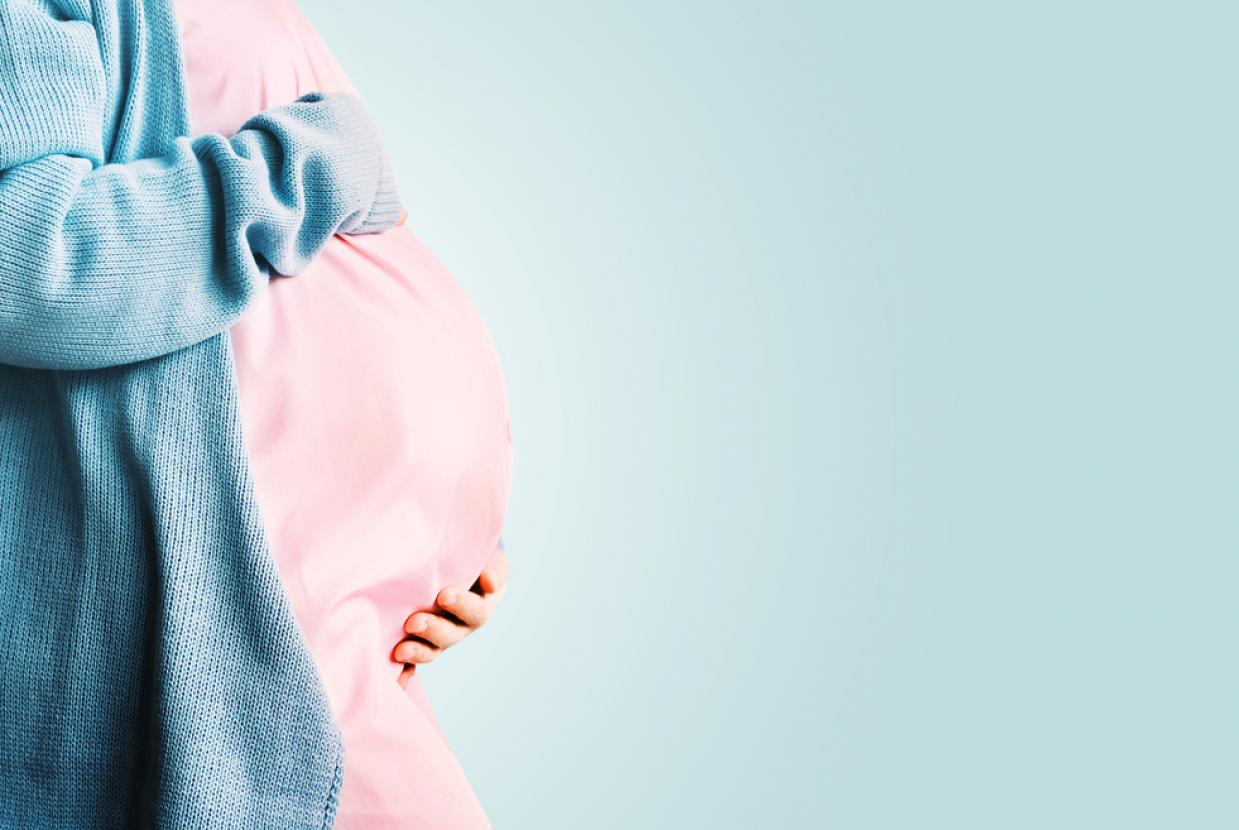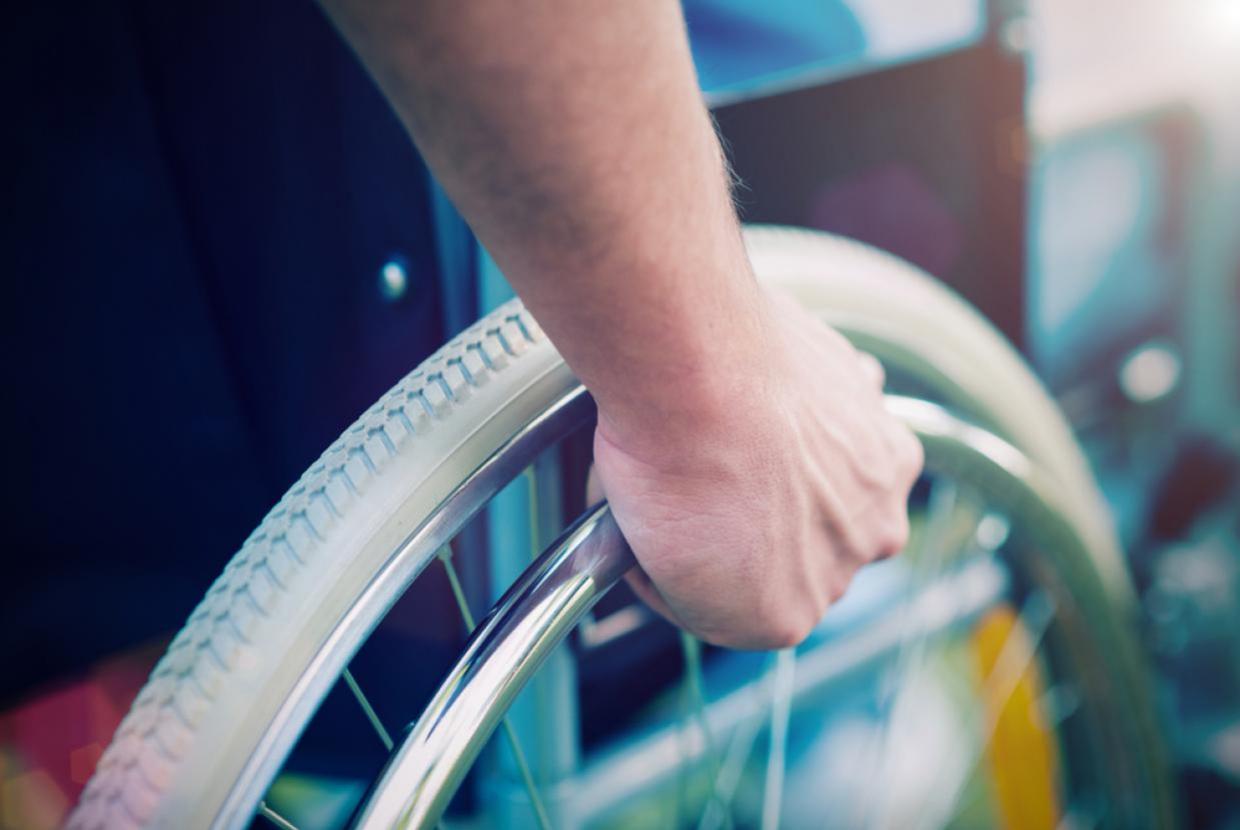Carers Week: Financial Help
Benefits / Caring for someoneIf you’re a carer, there’s financial support out there to help you. Find out what’s available and how to apply.
Carer’s Allowance
In 2024/25, Carer’s Allowance is £81.90 a week You might be able to claim it if you:
- spend at least 35 hours a week caring for someone
- are aged 16 or over
- aren’t in full-time education or studying for 21 hours a week or more
- earn £151 (2024/25) a week or less after tax, National Insurance and expenses (£7,852 a year).
The person you’re caring for must also be getting a benefit because of their illness or disability. For example:
- Attendance Allowance
- Disability Living Allowance (the middle or higher rate of the care component)
- Personal Independence Payment (either rate of the daily living component)
- Armed Forces Independence Payment.
Carer’s Allowance is taxable. But you’ll only have to pay tax if you have other sources of taxable income. For example, occupational or personal pensions or part-time earnings. And if this combined income takes you over the threshold for paying tax – £12,570 a year in 2024/25. Carer’s Allowance on its own is currently below this threshold.
How does Carer’s Allowance affect other benefits?
Carer’s Allowance can also affect other benefits you might be already getting – so you might be paid less in another benefit. It will count as income if you’re getting Universal Credit. But you might also qualify for extra Universal Credit because you’re a carer.
It can also affect the benefits of the person you’re caring for. For example, if they’re getting Severe Disability Premium – this might stop if you claim Carer’s Allowance.
Making sure your earnings stay under the threshold
If your weekly take home pay is more than £151 (2024/25) after deductions, you’re no longer entitled to Carer’s Allowance. HMRC now give up-to-date information about earnings to the Department for Work and Pensions (DWP).
If you earn more than this in any given week, it’s important to tell the DWP. If you don’t, you’ll be asked to pay back the amount you were overpaid. If your earnings vary from week to week, it’s important to let the DWP know. This is so they can average out your earnings so you stay under the limit.
You can’t usually get Carer’s Allowance if you’re already claiming State Pension or certain income-replacing benefits. For example, New Style Employment and Support Allowance.
However, it’s still worth making a claim even though you won’t get the benefit. As if you qualify in all other respects, you might be entitled to top-up income on other benefits you get. This is called having an ‘underlying entitlement’ to Carer’s Allowance.
Your local Jobcentre Plus – or Jobs and Benefits Office in Northern Ireland – will be able to tell you which benefits to apply for. Or you can contact your local Citizens Advice.
There’s more information about Carer’s Allowance on these websites:
- find out more about Carer’s Allowance at GOV.UK
Northern Ireland
Find out more at nidirect about Carer’s Allowance in Northern Ireland.
Scotland
Carer’s Allowance is currently being replaced by Carer Support Payment in Scotland, but the amounts are the same. Use Social Security Scotland’s postcode checker to see if your area has already changed over. You’ll also get Carer’s Allowance Supplement payments.
The first payment of £288.60 is in June 2024. You’ll get it if you were getting Carer’s Allowance or Carer Support Payment on 8 April 2024. The second £288.60 payment is in December 2024. You’ll get this if you're receiving Carer’s Allowance or Carer Support Payment on 7 October 2024.
Carer’s Credit
Carer’s Credit is a National Insurance credit that fills up gaps in your National Insurance record. It helps towards your State Pension while you’re not making any contributions because of your caring role. You might be able to get Carer’s Credit if:
- you’re aged 16 or over
- you’re not yet getting State Pension
- you don’t qualify for Carer’s Allowance
- you spend at least 20 hours a week caring for someone
- the person you’re looking after gets a benefit because of their illness or disability. For example:
- Disability Living Allowance - middle or highest rate of the care component
- Attendance Allowance.
- Constant Attendance Allowance
- Personal Independence Payment daily living part
- Armed Forces Independence Payment
- Child Disability Payment (CDP) middle or highest rate of the care component.
If the person you’re caring for doesn’t get one of these benefits, you might still be able to claim by completing a ‘Care Certificate’.
England, Scotland and Wales
Find out more about Carer’s Credit at GOV.UK.
Northern Ireland
Find out more about caring and your pension at nidirect.
Carer Premium
You might be entitled to an additional Carer Premium if you already get:
- Income Support
- Universal Credit – and get the ‘carer element’
- Housing Benefit
- Council Tax Support – Rate Relief in Northern Ireland
- income-related Jobseeker’s Allowance
- income-related Employment and Support Allowance
- Pension Credit – and get the ‘carer addition’.
Ask about the Carer Premium at your local Jobcentre Plus or Jobs and Benefits Office. However, if you qualify, the payment will usually be added automatically.
Pension Credit
This is a benefit you can get if you’ve reached State Pension age. It’s designed to top up your income in retirement. It’s made up of two parts:
- Guarantee Credit
- Savings Credit (only available if you reached State Pension age before 6 April 2016).
One in three people who are entitled to Pension Credit don’t claim it. If you’re one of them, you’re missing out on hundreds of pounds a year. If you live with a partner, you’ll only be able to claim Pension Credit if you’ve both reached State Pension age.
Other benefits you might be able to claim
As a carer, there are other benefits and support you might qualify for.
Universal Credit
Universal Credit is replacing these benefits:
- Working Tax Credit
- Child Tax Credit
- income-based Jobseeker’s Allowance
- income-related Employment and Support Allowance
- Housing Benefit
- Income Support.
If you’re making a new claim for means-tested benefits to help if you’re on a low income, you’ll have to claim Universal Credit.
Other help if you’re on a low income
You might also be entitled to financial help with your:
- fuel
- health costs
- Council Tax
- home repair services.
Take a few minutes to check which benefits you can claim and how much you could get a month with the MoneyHelper Benefits calculator.

























